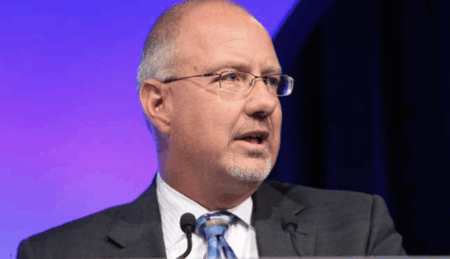The US Federal Highway Administration (FHWA) has announced US$44.5m in grant awards to improve safety for those biking, walking, and accessing transit in communities in 13 states and Puerto Rico under its Active Transportation Infrastructure Investment Program (ATIIP).
Authorized through the Bipartisan Infrastructure Law, the grants will be used to plan, design, and construct projects for connected networks that lead to destinations and make communities safer for bikers and pedestrians while increasing access to public transit.
“Through the Active Transportation Infrastructure Investment Program, communities across the country are making safe and accessible active transportation options a reality,” said US transportation secretary Pete Buttigieg. “With the grants…towns and cities in more than a dozen states will have funding in place to plan or construct infrastructure that allows people to safely walk, bike, and roll to schools, medical centers, jobs, and other destinations.”
States, local and tribal governments, and metropolitan and regional planning organizations can use ATIIP grants to plan, design, or construct safe and connected active transportation networks such as sidewalks, bikeways, and trails that connect schools, workplaces, transit, and other destinations within a community or metropolitan region.
Grants can also be used for projects to plan, design, and construct routes known as “transportation spines” that serve as backbones to connect two or more communities, metropolitan regions, or states.
FHWA issued a Fiscal Year 2023 Notice of Funding Opportunity under ATIIP in March 2024 that resulted in 352 applications requesting more than US$1.8bn in funding – far exceeding the amount available.
Projects awarded ATIIP grants include:
Michigan: The City of Detroit will receive US$10.5m to construct a portion of the Joe Louis Greenway (JLG), including a vital off-street segment of the greenway between Woodward Avenue and Dequindre Street on a former rail corridor now owned by the city. An active transportation network, the JLG is a 27.5-mile regional greenway connecting 23 Detroit neighborhoods to Dearborn, Hamtramck, Highland Park.
Pennsylvania: The City of Philadelphia will receive nearly US$13.7m to close a critical gap in the Schuylkill River Trail by constructing the Wissahickon Gateway Trail and the Passyunk Connection adjacent to historically disadvantaged communities in the southwest section of the city, completing a 39-mile off-road, riverside, multi-use trail between Pottstown in Montgomery County and Southwest Philadelphia.
Tennessee: The Metropolitan Government of Nashville-Davidson County will receive nearly US$9.4m for its “East Nashville Spokes” project that will connect a historically underserved neighborhood with the economic opportunities of downtown Nashville and the massive East Bank redevelopment by providing safe transportation options and connections across Interstate 24 and the Cumberland River.
The ATIIP discretionary grant program directly supports the US National Blueprint for Transportation Decarbonization. The grants announced also build on previous efforts by FHWA to support bicycling and pedestrian projects made possible under the Bipartisan Infrastructure Law, including the Safe Streets and Roads for All Program.





